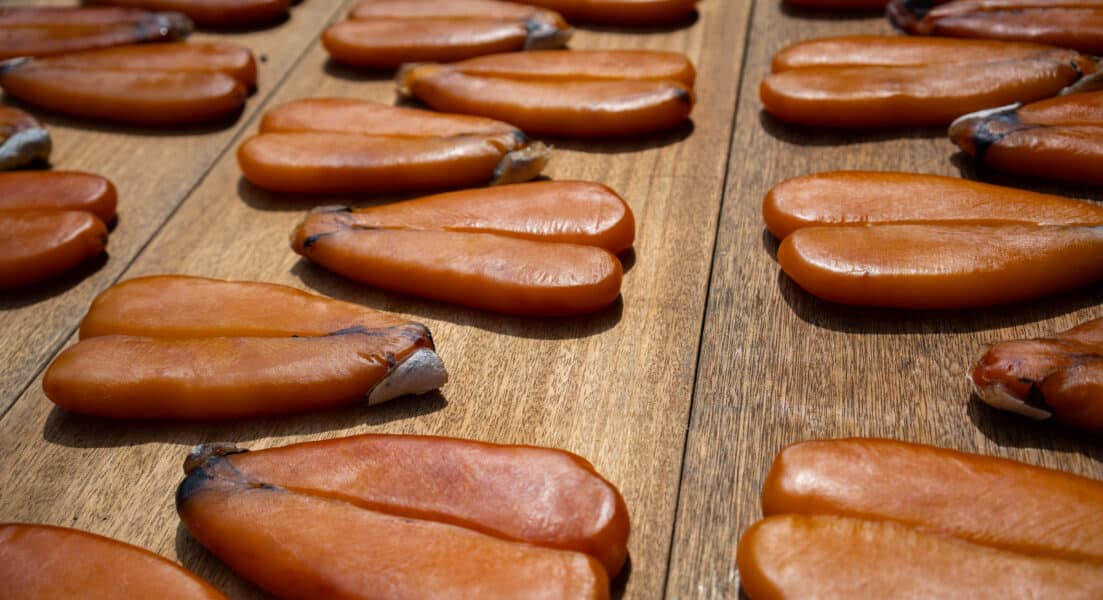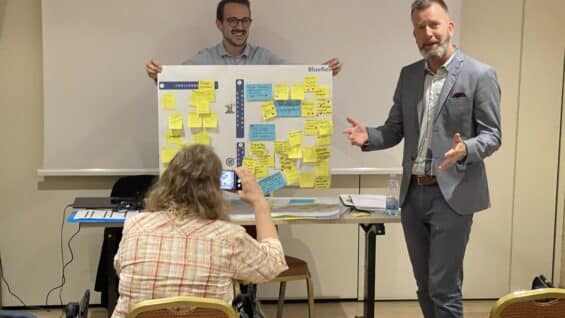Investigating the environmental impact of traditonal use of tuna byproducts
Tuna fishing and processing has a long history in Italy and specifically in Sicily, the region participating in this case study. Due to its strategic geographical position in the Mediterranean Sea, Sicily has, historically, a natural inclination towards activities related to tuna fishing and tuna processing.
Today there are numerous tuna processing companies in Sicily which produce different formats of canned tuna and some companies have even diversified production to other products like bottarga (cured tuna roe) or bresaola (cured tuna loins) or tuna salami. Bottarga represents a traditional use of byproducts from tuna processing, converting fresh tuna roe into a delicacy used to add flavor to a variety of dishes. By using more parts of the tuna besides the loins and sides, both resource efficiency and economic opportunities can be increased.
In the BlueRev project, RISE is cooperating with a local enterprise to investigate the environmental impact of canned tuna and bottarga produced at their Sicilian processing site. Focus of the analysis is the identification of emission hot spots throughout the production chain and comparison between the products carbon footprints as finished products.







